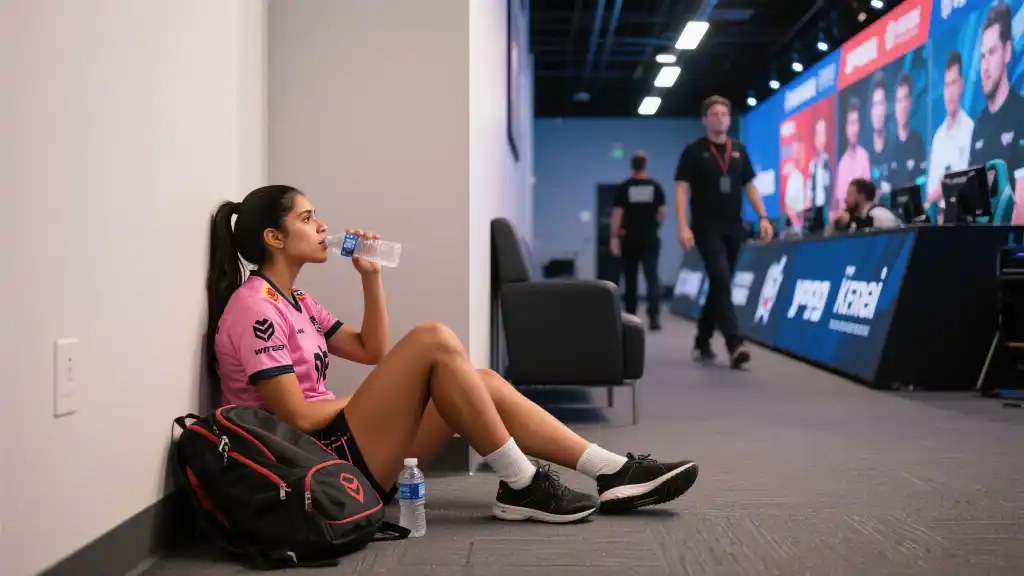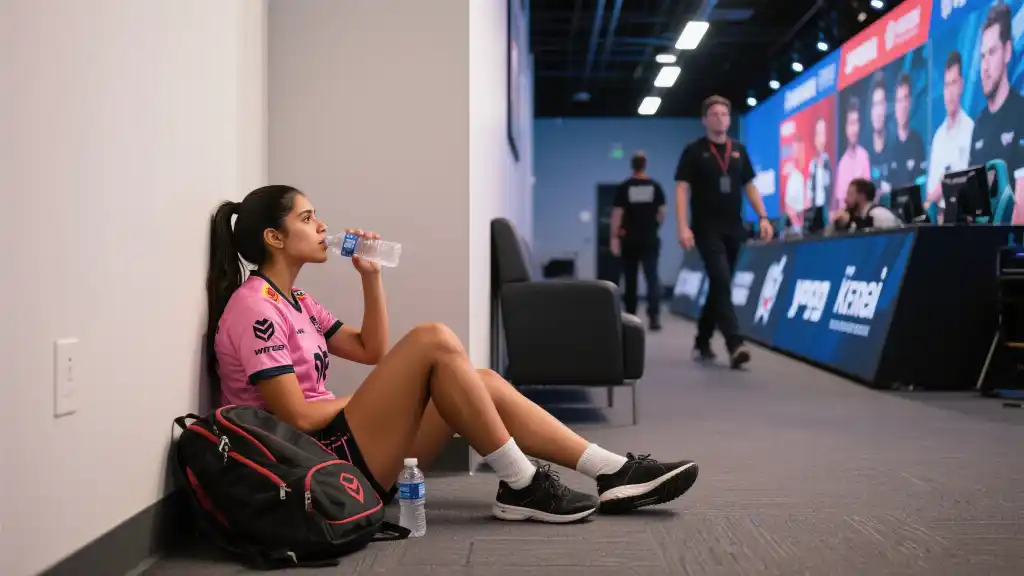Article directoryCloseOpen
- Key Components to Look For
- Recommended Gaming PCs Under $800
- Upgrade Potential
- Conclusion
- FAQ
- What should I look for in a gaming PC under $800?
- Can I upgrade my gaming PC later?
- Are pre-built gaming PCs better than custom builds?
- How long can I expect a gaming PC under $800 to last?
- What games can I play on a PC under $800?
Whether you’re an aspiring gamer or a seasoned pro, understanding what to look for in a budget gaming PC is essential. We’ll explore various models that strike the perfect balance between performance and affordability, highlighting the best value-for-money options available in
Join us as we uncover the reality behind budget-friendly gaming PCs, debunk common myths, and equip you with the knowledge to confidently choose a system that allows you to enjoy the latest games without compromising on quality. Say goodbye to compromises and hello to the thrilling world of gaming—without the hefty price tag!
## Understanding Your Gaming Needs
When it comes to picking a gaming PC under $800, it’s crucial to first understand your gaming needs. Do you prefer immersive single-player experiences or fast-paced multiplayer matches? The type of games you’re inclined to play can significantly influence the components you should prioritize. Here are some questions to consider:
Key Components to Look For
Now that you’ve identified your gaming style, it’s time to dive into the essential components that make up a gaming PC. You’ll want to focus on the following:
Graphics Card (GPU)
The graphics card is the heart of any gaming rig. Look for options that can handle modern games at decent settings. In the under $800 category, options like the NVIDIA GTX 1660 Super or AMD Radeon RX 5500 XT can deliver solid performance.

Processor (CPU)
Your CPU plays a significant role in overall performance. Aim for a minimum of a quad-core processor. AMD Ryzen 5 and Intel Core i5 are excellent choices that balance performance and cost. This will ensure smooth gameplay even when running multiple applications.
RAM
It’s generally recommended to have at least 8GB of RAM. This allows for multitasking and smoother gameplay. Opting for 16GB might be a smart move if you can fit it within your budget, as it provides added longevity for future games.
Recommended Gaming PCs Under $800
Choosing the right pre-built gaming PC can streamline your setup. Here’s a comparison of some popular options that deliver fantastic performance within your budget:
| Model | CPU | GPU | RAM | Price |
|---|---|---|---|---|
| CyberPowerPC Gamer Xtreme VR | Intel Core i5 | NVIDIA GTX 1660 | 8GB | $749 |
| HP Pavilion Gaming Desktop | AMD Ryzen 5 | AMD Radeon RX 5500 | 8GB | $699 |
| Dell G5 Gaming Desktop | Intel Core i5 | NVIDIA GTX 1650 | 8GB | $699 |
Upgrade Potential
When you buy a gaming PC, it’s essential to consider how easily it can be upgraded. Check for:
Upgrading components like RAM or storage later can extend the lifespan of your gaming PC, making it a more worthwhile investment.
Conclusion
Finding the best gaming PC under $800 doesn’t mean you have to sacrifice performance for price. By understanding what to prioritize and exploring the right models, you can find a system that meets your gaming needs without breaking the bank. Consider your long-term requirements, and you’ll be set for many gaming adventures to come.

Pre-built gaming PCs present a hassle-free solution, particularly appealing for those new to the gaming world. They come ready to use straight out of the box, eliminating the need for assembly, which can be daunting for many. This means you can jump right into gaming without the additional stress of figuring out compatibility issues or assembling delicate parts. Plus, pre-built systems typically come with warranties, giving you peace of mind that support is available if anything goes wrong.
On the flip side, custom builds offer gamers the ability to tailor their rig exactly to their preferences and needs. When you go the custom route, you have the freedom to select each component, from the graphics card to the cooling system, ensuring optimal performance for the games you love. This means you can find the best price-to-performance ratio that fits your budget. While it requires more time and research upfront, the end result often leads to a more powerful and personalized gaming setup. Both paths have their advantages and disadvantages, so it really boils down to what you value most in your gaming experience.
FAQ
What should I look for in a gaming PC under $800?
When searching for a gaming PC under $800, focus on essential components such as the graphics card, processor, RAM, and upgrade potential. Ensure the graphics card can handle your preferred games, and choose a processor with sufficient cores for multitasking. Aim for at least 8GB of RAM for smooth performance.
Can I upgrade my gaming PC later?
Yes, many budget gaming PCs are designed with upgradeability in mind. Look for models with extra RAM slots, available PCIe slots for additional graphics cards, and a power supply that can support later upgrades. This flexibility allows you to enhance your PC’s performance over time.
Are pre-built gaming PCs better than custom builds?
Pre-built gaming PCs are often a more convenient option, especially for beginners, as they save time and effort on assembly. They also come with warranties. However, custom builds can offer better performance for your budget as you can choose specific components based on your needs. Both options have their pros and cons.
How long can I expect a gaming PC under $800 to last?
If you choose wisely and select a model with good specifications, you can expect a budget gaming PC to last around 3-5 years before requiring significant upgrades. This duration may vary depending on the types of games you play and their future requirements.
What games can I play on a PC under $800?
A gaming PC under $800 can easily handle popular titles, including Fortnite, League of Legends, and Apex Legends. You might also enjoy single-player games like Dark Souls III and indie games such as Hollow Knight. Performance will vary based on the specific components of your PC.
